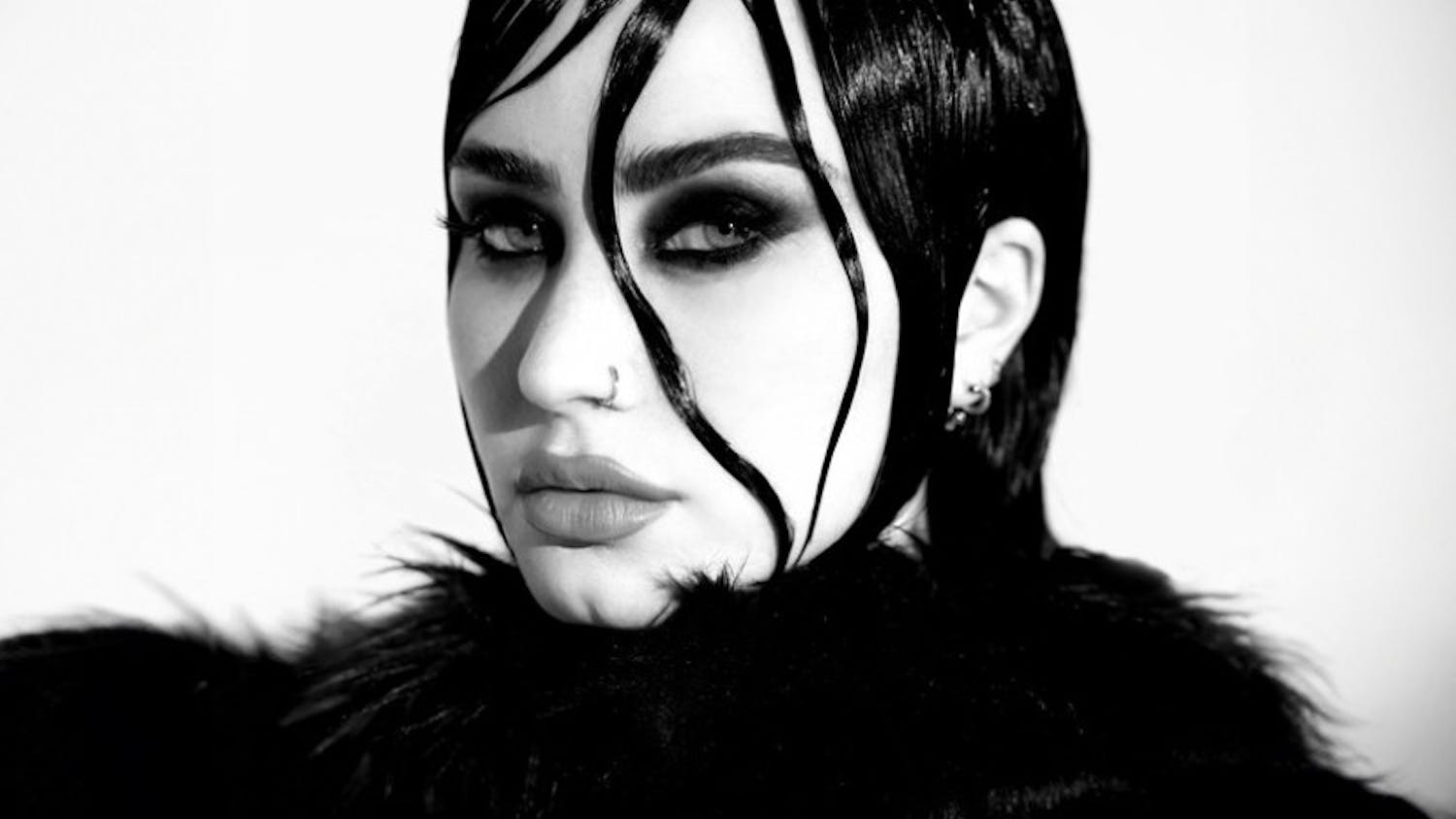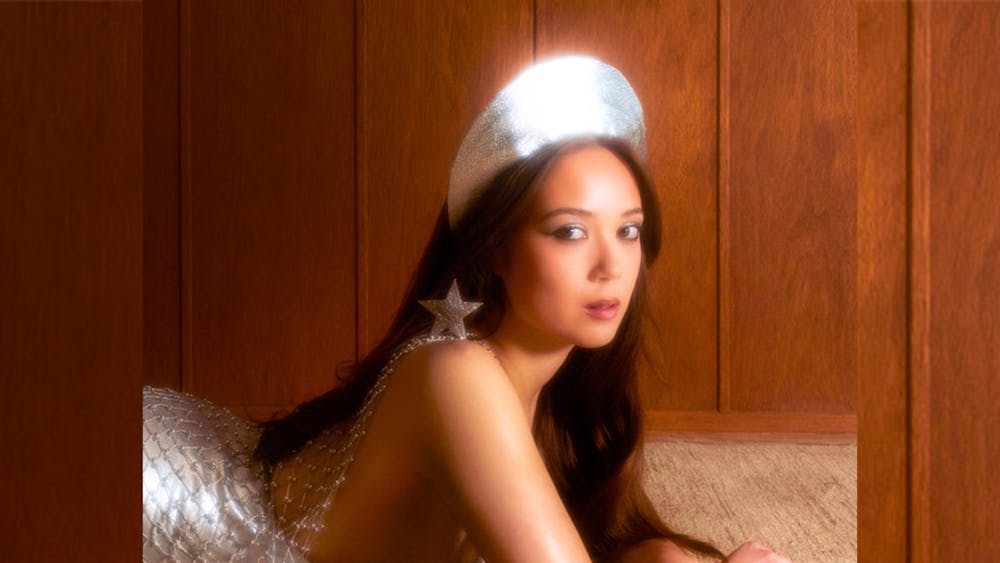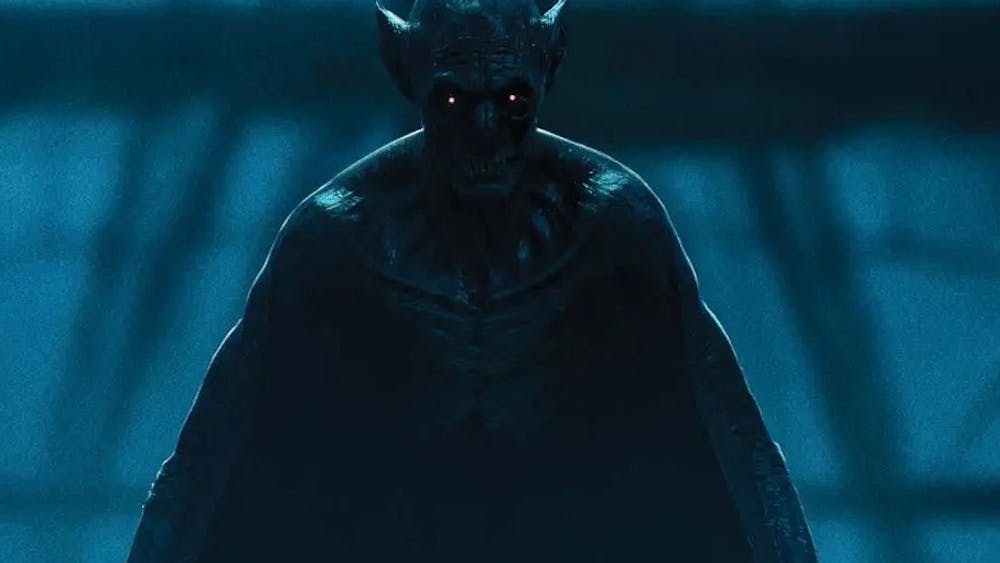Every so often, a story strikes such a chord that it becomes a part of the vernacular. Such is the case with Robert Louis Stevenson's "The Strange Case of Dr. Jekyll and Mr. Hyde," which was published in 1886.\nConstantly adapted to modern media during the last hundred years, one of its most recent incarnations is a stage musical on tour from Broadway. The performance of "Jekyll & Hyde" Friday night in the IU Auditorium was enjoyable enough on the surface, but it raised a number of questions. The first was, "Why is everybody singing?"\nThe idea behind a musical is understandable, but it remains to be seen why this particular story had to be rendered as such. \nThe music itself was gorgeous, if a bit derivative. It was overpowered by the singing, which was overpowered in turn by its own volume. The vocals sounded nice enough, but often they drowned themselves out through the microphones.\nBut a bigger concern is the plot.\nDespite having characters directly voice their thoughts in song, there is little development. The characters don't seem to exist beyond their relationship to Jekyll and his nefarious alter-ego. It's a point brought to the foreground in the beautiful number "In His Eyes." It almost led one to believe such superficiality is intentional.\nThe story deals only briefly with any moral aspects that might have been developed. It quickly descends into a murderous fury as Hyde emerges as the dominant character. After a point, the violence becomes gratuitous. Jekyll appears only little in the second act, as if hinting that there is something going on besides carnage. But what?\nThe play comes alive when Hyde is on stage, illustrated in musical numbers "Alive" by Hyde and Lucy. Guy LeMonnier, in the title role, seems to enjoy himself more each time he becomes Hyde. It's a change done eloquently done by a simple change of posture and release of a ponytail. In a demanding role, LeMonnier shines. Specifically, he displays his physical talent in "Confrontation," where Jekyll and Hyde battle for control of the body. It's a scene charged with physical energy, despite how little movement there is.\nThe songs display a lack of seriousness. Not once does the story attempt to take itself seriously; the dichotomies -- rich and poor, good and evil, sane and mad, private and public -- don't hold up for long. The chorus offers reminders, but theses themes are not addressed in the main action. It's for the best -- not all of the contrasts hold up to the split personality of Jekyll and Hyde, which one finds aren't really split at all.\nThis is intentional, a typically melodramatic British style. But if plot, character and profundity are all superficial, then what is left? Music and spectacle. Music has been addressed. Its potential is unrealized and overshadowed by volume. Spectacle remains.\nThe costumes exhibit style and grace. Victorian London looks elegant in its simplicity. Barring a few technical problems, there lies only one issue: "Jekyll & Hyde" doesn't go far enough.\nIn numbers like "Bring on the Men," the vocals and music are on display. Lucy (Annie Berthiaume) sings particularly well.\nUnfortunately, in most of the numbers the characters themselves are ignored. The choreography is minimal. That's the case with much of the chorus work. They are reduced to walking around one other, turning their heads from side to side.\nWhen a show must rely so much on spectacle -- flashes and fire and grand gesture -- it had better deliver. The setting and costumes do this, but the play as a whole falls short. The most handy example is Jekyll's drug. Stevenson describes it as a potion of elements that "boil and smoke together" before the character drinks it. There is no better opportunity to set the mood than to have Jekyll raise into the light a bubbling, smoking vial of brew, which he then downs in a single swallow.\nBut on stage the doctor uses a needle -- quite anticlimactic.\nOverall it's an enjoyable play, but it doesn't take the spectacle far enough. In an adaptation steeped in melodrama, this is but one example of how it falls short.
'Jekyll & Hyde' comes up short
Get stories like this in your inbox
Subscribe





